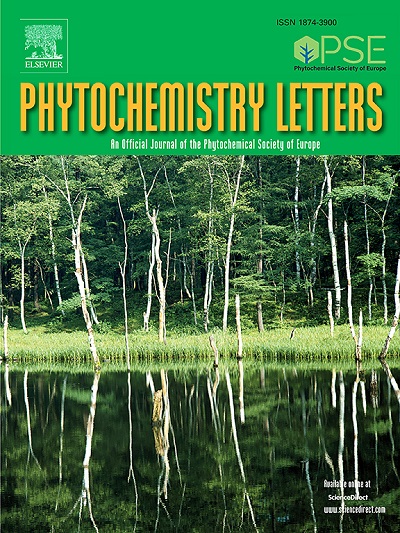Utilizing natural compounds as ligands to disrupt the binding of SARS-CoV-2 receptor-binding domain to angiotensin-converting enzyme 2, impeding viral infection
IF 1.4
4区 生物学
Q4 CHEMISTRY, MEDICINAL
引用次数: 0
Abstract
Currently, no specific antiviral drug has been definitively proven effective in treating patients with severe coronavirus disease 2019 (COVID-19). Various specific strategies have been employed against COVID-19; however, several potent antiviral candidates, including prodrugs and repurposed drugs, are still under urgent investigation, particularly in the search for molecular targets. This study aimed to evaluate the potential of natural compounds and chemicals against RNA viruses using a three-tiered approach to molecular docking. Binding scores obtained from ChemPLP revealed that natural compounds and repurposed drugs exhibited strong affinities for the binding sites on angiotensin-converting enzyme 2 (ACE2) receptors in host cells, the receptor-binding domain (RBD) site of the RBD-ACE2 complex, PLpro, and 3CLpro. Conclusively, these findings suggest that alternative medicines and antiviral drug repurposing strategies may provide promising therapeutic remedies for patients with COVID-19, along with further validation via preclinical and clinical trials.

利用天然化合物作为配体,破坏SARS-CoV-2受体结合域与血管紧张素转换酶2的结合,阻碍病毒感染
目前,还没有特定的抗病毒药物被明确证明对治疗2019年严重冠状病毒病(COVID-19)患者有效。针对COVID-19采取了各种具体战略;然而,一些有效的抗病毒候选药物,包括前药和重新利用的药物,仍在紧急研究中,特别是在寻找分子靶点方面。本研究旨在利用分子对接的三层方法评估天然化合物和化学物质对抗RNA病毒的潜力。ChemPLP获得的结合评分显示,天然化合物和重新利用的药物对宿主细胞中血管紧张素转换酶2 (ACE2)受体的结合位点、RBD-ACE2复合物的受体结合域(RBD)位点、PLpro和3CLpro具有很强的亲和力。最后,这些发现表明,替代药物和抗病毒药物再利用策略可能为COVID-19患者提供有希望的治疗方法,并通过临床前和临床试验进一步验证。
本文章由计算机程序翻译,如有差异,请以英文原文为准。
求助全文
约1分钟内获得全文
求助全文
来源期刊

Phytochemistry Letters
生物-生化与分子生物学
CiteScore
3.00
自引率
11.80%
发文量
190
审稿时长
34 days
期刊介绍:
Phytochemistry Letters invites rapid communications on all aspects of natural product research including:
• Structural elucidation of natural products
• Analytical evaluation of herbal medicines
• Clinical efficacy, safety and pharmacovigilance of herbal medicines
• Natural product biosynthesis
• Natural product synthesis and chemical modification
• Natural product metabolism
• Chemical ecology
• Biotechnology
• Bioassay-guided isolation
• Pharmacognosy
• Pharmacology of natural products
• Metabolomics
• Ethnobotany and traditional usage
• Genetics of natural products
Manuscripts that detail the isolation of just one new compound are not substantial enough to be sent out of review and are out of scope. Furthermore, where pharmacology has been performed on one new compound to increase the amount of novel data, the pharmacology must be substantial and/or related to the medicinal use of the producing organism.
 求助内容:
求助内容: 应助结果提醒方式:
应助结果提醒方式:


